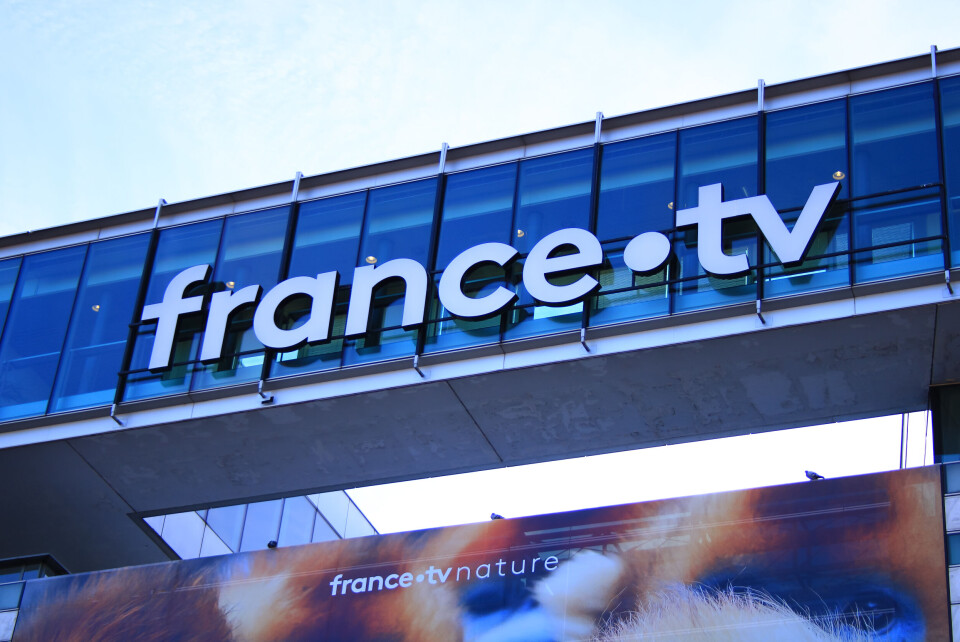-
More than 5,000 French communes use AI to identify poor rubbish sorting
Badly-sorted rubbish can cost millions so communes are turning to high-tech solutions
-
Tax on well-off retirees under consideration for 2026 budget
‘Nothing is off the table’ when it comes to finding €40 billion in savings says Labour Minister
-
Nice airport records passenger boom as tourists flock to city
Airport figures exceeded the pre-Covid record last year, with US visitors significant contributors
French TV and radio stations strike over plan to end licence fee
News coverage has been disrupted today as staff at affected news organisations raise concerns over their funding and independence

Staff at France Télévisions and Radio France are striking today (June 28) in protest against plans to scrap the contribution pour l'audiovisuel public licence fee.
Read more:France prepares to end TV licence fee for millions of homes
This fee, also called the redevance audiovisuelle, currently funds France Télévisions (France 2, France 3, France 5), Radio France (France Inter, France Info, France Culture, France Musique) Arte, and international media such as France 24 and RFI.
One of President Emmanuel Macron’s reelection pledges was the elimination of the redevance audiovisuelle, which costs around 23 million metropolitan French households €138 a year.
Precise details of the move to scrap the fee have yet to be fully clarified but a law containing the legislation for it is expected to be put to parliament now that MPs have begun their terms following the legislative elections.
This plan is viewed by opponents as a “threat” to the independence of the channels in question.
It has also raised concerns over the funding of French television and radio stations. Some €3.2billion of the €3.8billion which goes into funding these organisations comes from the redevance, the remaining €600million being provided by the state to make up for the non-payment of the most deprived households.
The government has said that the end of the licence fee will not lead to a drop in funding, but it is unclear where the money will be sourced if not from viewers and listeners.
Unions have also said that “eliminating the redevance means impoverishing and jeopardising public audiovisual media by shifting it into the state’s general budget,” and therefore making it vulnerable to “arbitration and incessant political pressures”.
“The prospect of the dismantling [of these public services] for the benefit of the private sector where media moguls rule, is unbearable.
“It is with regards to the level of independence and [the quality of] information [shared by the media] that we measure the maturity of a democracy.”
A 2021 American study on the state of the media in 33 different countries has shown that significant investment in news organisations, in addition to structures designed to protect their political and economic independence, is conducive to a healthy democracy.
Today’s strike has meant that music replaced the usual morning programmes on radio stations such as Franceinfo, which France 2 was showing repeats.
The strike is being led by the CGT, CFDT, FO, SNJ, SUD, Unsa, CGC and CFTC unions, with a demonstration expected at midday in Montparnasse, Paris. Protesters will head in the direction of the Assemblée nationale.
Franceinfo website operations will also be disrupted today, as will those of France 24.
Unions are calling for a “universal tax” for audiovisual media, which will be “at least equal to the current amount,” as well as “dedicated funding to fight against fake news”.
Related articles
French TV viewing figures decline, threatening traditional channels
Gîte owners in west France hit by surprise tax bills
























